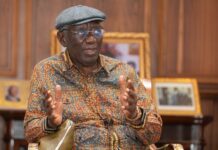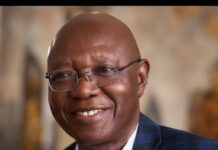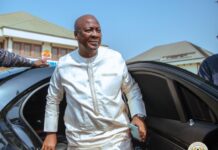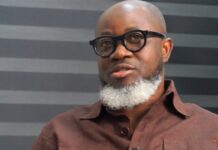Africa lacks the leadership that can help build a strong public sector, which will stimulate the private sector for the continent’s socio-economic development, former President John Agyekum Kufuor has stated.
He said it was the responsibility of leadership in Africa to ensure that the resources were harnessed for the people within the community.
He said Africa needs the leadership with that open mindedness and with a vision, working with the public sector of information, of global appreciation and dedication to help move leadership to lift the quality of life for the people generally.
“When policy works like that; it is implemented sincerely for the good of the people then you are getting transformation for everybody within the populace,” former President Kufuor remarked at the Institute of Economic Affairs (IEA) Policy Forum on the theme: “Destiny or Policy? – Development Prospects for Ghana”.
The Policy Forum focused on examining policies that determine a country’s development prospects.
The discussion brought together high-level policy makers, international development partners, business leaders and key stakeholders from all sectors of the Ghanaian economy.
Former President Kufuor said nobody could talk of national development without talking about leadership.
He cited the roles some Asian leaders played in the transformation of their individual nations such as Deng Xiaoping of China, Prime Minister Mahathir Mohamad of Malaysia and Prime Minister Harry Lee Kuan Yew of Singapore.
He said Africa’s development depended on policies and not anchored on destiny.
He noted that the world had become a global village; adding that the Africa Union had instituted the New Partnership for Africa Development (NEPAD) to provide an overarching vision and policy framework for accelerating economic co-operation and integration among African countries.
Dr Ha-Joon Chang, a renowned economist and Director of the Centre of Development Studies, University of Cambridge, who delivered the keynote speech at the forum said policies, which promote economic development, were not always the supposedly ‘good’ policies of free-market and free trade but ‘bad’ policies of protectionism, subsidies and state-ownership, as shown by the development history of today’s rich countries – ranging from 18th century Britain to Japan, Korea and Taiwan in the late 20th century.
Dr Charles Mensa, IEA Board Chairman, who chaired the function, said after 60 years of independence, comparing Ghana’s socio-economic development to its modern counterparts in Asia such as South Korea, Singapore and Malaysia, ‘we have not done much as a nation’.
However, Mr Yaw Osafo-Marfo, the Senior Minister, was of the view that the cold -war gave special advantage to the Asian Tigers.
“The level of American investment, which went to the Far East countries, saw Africa as an orphan. None of these investments came our way. So that technology did not come our way also,” he said.
He said Africa was literally avoided, hence, that big difference in per capital income.
Among the distinguished personalities that graced the function were Professor Akilakpa Sawyer, a former Vice Chancellor of the University of Ghana; Reverend Professor Emmanuel Martey, former Moderator of the Presbyterian Church of Ghana; Mr Sam Okudzeto, a Member of the Council of State and Mr K. B. Asante, a former diplomat.


![Bryan Acheampong officially informs Kufuor about his flagbearer ambition [Video]](https://www.adomonline.com/wp-content/uploads/2025/07/image_2025-07-07_092716358-218x150.png)



